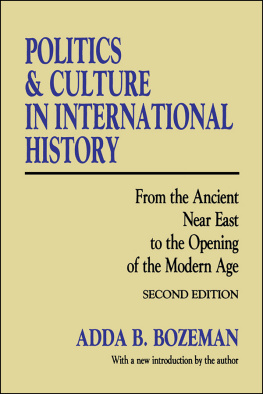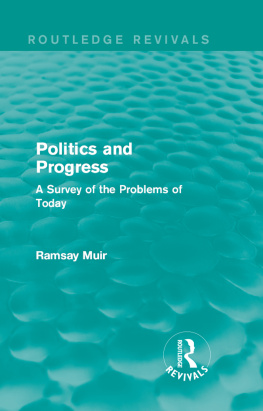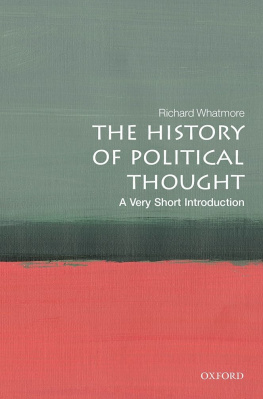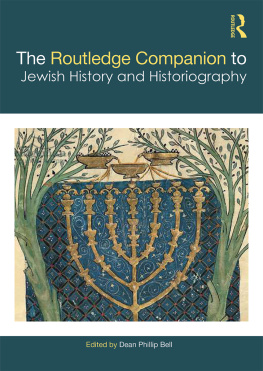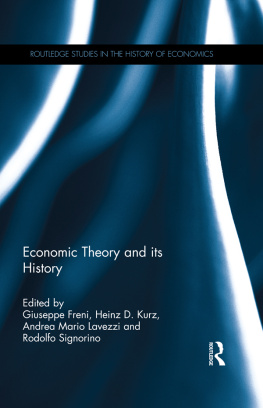The best excuse for writing the history of anything is the intrinsic interest of the subject. Most men of past generations have thought, and many men still think, of politics as the warp and woof of social life. History for a long time therefore treated chiefly politics. Then came the economists to arouse the interest of scholars and of the public in the production and distribution of wealth. Economic history rightly absorbs much attention, for it illumines, with its new searchlight, many a dark corner of the past, and explains many features of present-day society.
But to many men today the most interesting thing about society is its culture; just as the most interesting thing about an individual is his thought. Indeed, it has begun to be suspected that even politics and economics, each sometimes worshipped as a First Cause, are but secondary effects of something still deeper, namely, of the progress of mans intellectual life. The present volume aims to exhibit, as a unified whole, the state and progress of modern culture. There is the more reason for doing this, as it has hardly ever been done. Histories of literature, of science, of philosophy, of learning, of religion, and of all branches of them, as well as of many other particular divisions of culture, there are; but hardly any history of that complex whole that includes knowledge, belief, morals, law, customs, opinions, religion, superstition, and art.
Like the poet plot the historian must always begin in the middle of the plot. The roaring loom of time weaves but one seamless web from which for purposes of examination a fragment must be torn. Even though ragged edges betray the fragmentary character of any narrative, some attempt must be made to define the topic, the period, and the social group treated. The present work will confine itself to the North Atlantic peoples in modern times.
The cultural group is usually different from the political. The peoples of Europe west of Russia and Turkey, and their children in their colonies, have a common culture, descended in part from Greece, Rome, and Judea, modified by the Teutonic conquest of the Middle Ages, and still further altered and developed by the extraordinary achievements of modern science. This culture now dominates the world; military conquest and commercial contact have imposed it on all peoples.
It must be recognized, of course, that the culture of all members of the white races is not the same. There are infinite varieties and shades not only as between geographical divisions of the earth but as between the strata of the classes. Perhaps the differences between the culture of the several classes is now more important than that between the various nations of the white race. In a sense, a history of culture is really a history of the intellectual class. Civilization is imposed by the leading classes on the masses, often against their stubborn opposition, generally without their full knowledge of what is taking place, and always without their active co-operation.
The period selected for treatment in this work is the last four hundred years. Whether the division of history into great eras is purely arbitrary, depending on the convenience of the student, or whether it corresponds to some objective change in the underlying material (thought, or culture)a change as real as that from ice to water or from water to steam, or as real as the change from one season to another in the year,is a deep problem as yet unsolved. That the former alternative is the true one is made probable by the fact that the periods into which history seems naturally to fall differ for different nations and for different subjects. One chronological scheme suits England, another Japan; the dates most important in the history of mathematics are not remarkable in the history of music.


